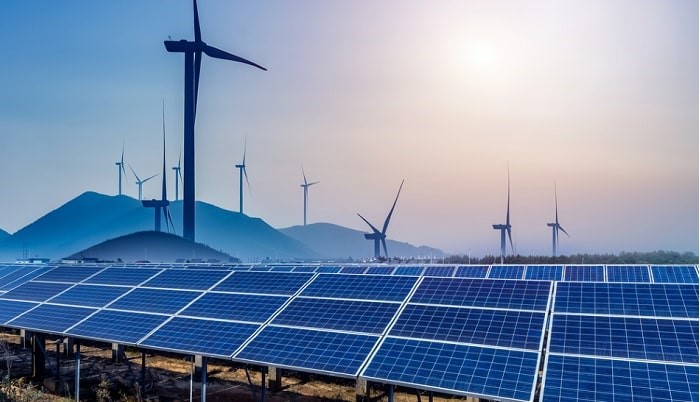A number of high-profile consumer-facing companies such as airlines, banks and utilities are making highly questionable claims of achieving carbon neutrality. An analysis conducted by Bloomberg Green (2022) found that significant quantities of renewable-energy offsets were being cheaply purchased by companies.
Whilst renewable energy is certainly vital in the transition from fossil fuels, the falling cost of renewables means they rarely need additional finance to be economically viable. This means they fail one of the key tests of a credible carbon offset: ‘additionality’.
The issue of junk carbon credits stems from a globally unregulated voluntary carbon offset trading market that financially incentivises the purchase of non-credible carbon credits in order to make a bogus net-zero claim. Whilst high-integrity verification registries such as Verra and Gold Standard are beginning to exclude grid-connected renewable projects, new bodies such as the Global Carbon Council in Qatar have been founded with the intention of validating renewable-energy credits. Facilitating the validation of non-credible carbon credits negatively impacts global progress towards achieving net-zero emissions.
Since voluntary carbon offsetting is essentially a PR exercise, the issue of junk carbon credits is perhaps something which should be addressed by advertising standards regulations to prevent false claims of achieving carbon neutral status.
In the UK, recent changes to the Woodland Carbon Code’s additionality requirements has ensured that economically viable commercial timber plantations cannot yield carbon credits, maintaining the high integrity nature of UK carbon.
The risk posed by the growing purchase of non-credible carbon offsets, which have little to no influence on reducing emissions, is that they can throw carbon trading itself into disrepute. This has serious consequences as carbon trading is an important way in which companies can target investment into the easiest wins for tackling climate change.
Purchasing ‘junk carbon’ risks damaging a company’s reputation. Galbraith can advise you on ensuring your carbon offsets are credible to maintain high-integrity carbon finance.

